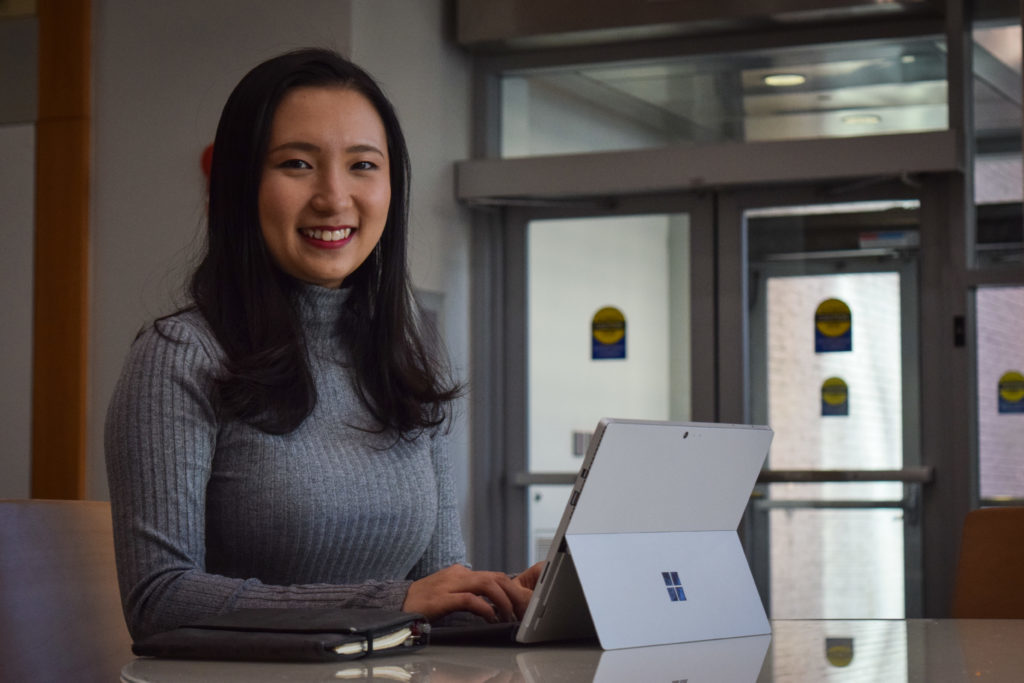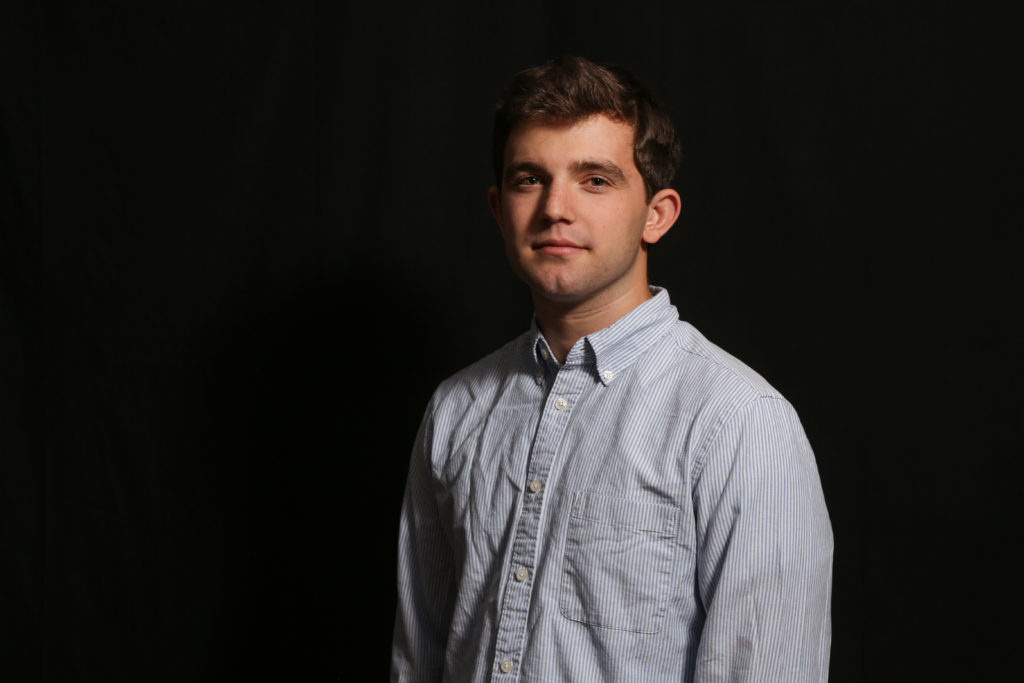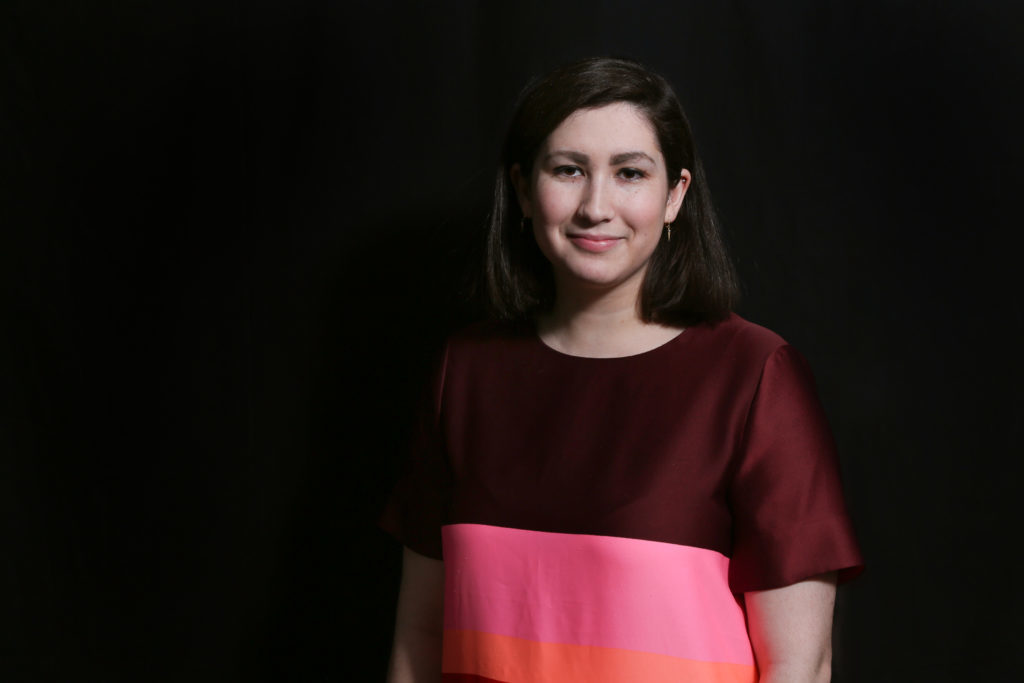Fourteen out of the 19 graduate Student Association Senate seat nominations will be empty on this year’s ballot – following a trend from previous years.
Of the five graduate candidates running, all in uncontested elections, four joined the race after the application deadline was extended by a week, according to the Joint Elections Committee website. JEC leaders said they plan on focusing on ways to increase outreach to graduate senators after the election ends to make sure there are fewer uncontested or empty races in the future.
JEC Chair Alex Simone said the deadline was extended because there was next to no interest in the graduate student seats.
“This is the first time out of my three years on the JEC where we have extended the deadline,” she said.
Six schools, including the education and the nursing schools, have no graduate candidates running for SA seats this election.
JEC Vice Chair Aimee Triana said at a SA senate meeting March 6 that after the election, the group plans to change its current recruitment strategy by meeting earlier in the year, attending student organization meetings and adding a graduate student position to the JEC.
The JEC now spreads the word about SA elections through social media posts on platforms like Facebook and Twitter.
“People are upset with the grad numbers and we are too,” she said. “It doesn’t seem to be enough and hasn’t been enough in the last couple of years.”
Sen. Michael Overton, ESIA-G, said at the March 6 SA meeting that adding a graduate position to the JEC could encourage graduate students to get involved.
“I know that most of the grad students don’t know about the SA and don’t know about election day,” he said. “We are not receiving any information, and it’s not allowed for me as a senator to do the JEC’s job and talk about the election and how to run.”
There are more than 15,000 graduate students, and nearly half of them are part-time students, according to the University’s institutional research data. Some graduate programs are located in campuses in Ashburn or Alexandria, Va., making it harder for the SA to reach out to some of those students.
SA Executive Vice President Thomas Falcigno said five of the 14 graduate seats in the current senate are empty – two of which are first-year non-voting seats.
“I think that grad students are just, frankly, busier than undergraduate students,” he said.
Voter turnout for graduate senators has also been an issue in past elections. Last year, most graduate senators won their positions with fewer than 10 votes, some even by just two votes.
Falcigno said graduate student groups, like the Student Bar Association and the Public Health Student Association, and existing graduate senators should drum up more interest in the SA by explaining what the group is and what positions are open. The SA needs to change the way it connects with the graduate population, possibly by launching a graduate council for leaders of large student organizations to stay in touch, he said.
After the election, the SA opens an application to students from schools with unfilled seats, many of which are for graduate positions. Normally, the senate receives applicants, but if not, the seat is converted to a graduate-at-large seat – meaning a graduate student from any school is eligible to fill it, Falcigno said.
He added that while graduate students have not shown significant interest in running in past years, their voices are essential to the senate.
“All of the committees have graduate students on them and I think they bring a different, important perspective,” he said. “I really don’t discern undergraduate or graduate senators. They are all involved, they all care about the school, they are all in the same playing field.”
Scott Barber, a first-year medical student and candidate for the School of Medicine and Health Sciences seat, said most graduate students don’t know much about the SA.
“A lot of them didn’t come to GW for undergrad, so they don’t really know SA that well,” he said.
Shuyi Zhang, an international student from China and the only candidate for graduate senator for the College of Professional Studies, said in an email that she is running to learn more about the University and international student issues.
Fellow graduate students would feel it is irresponsible to run for office if they cannot guarantee they would have the time to be active in the role, Zhang said.
She added that low graduate student interest does not mean the senate is ineffective.
“We define ourselves as GW students and as part of the school. We don’t support drawing a line to differentiate undergraduate from graduate students,” she said. “I believe other senators are also advocating for a better campus which benefits everyone.”








